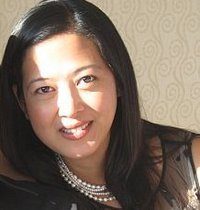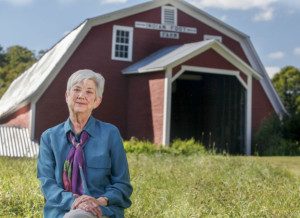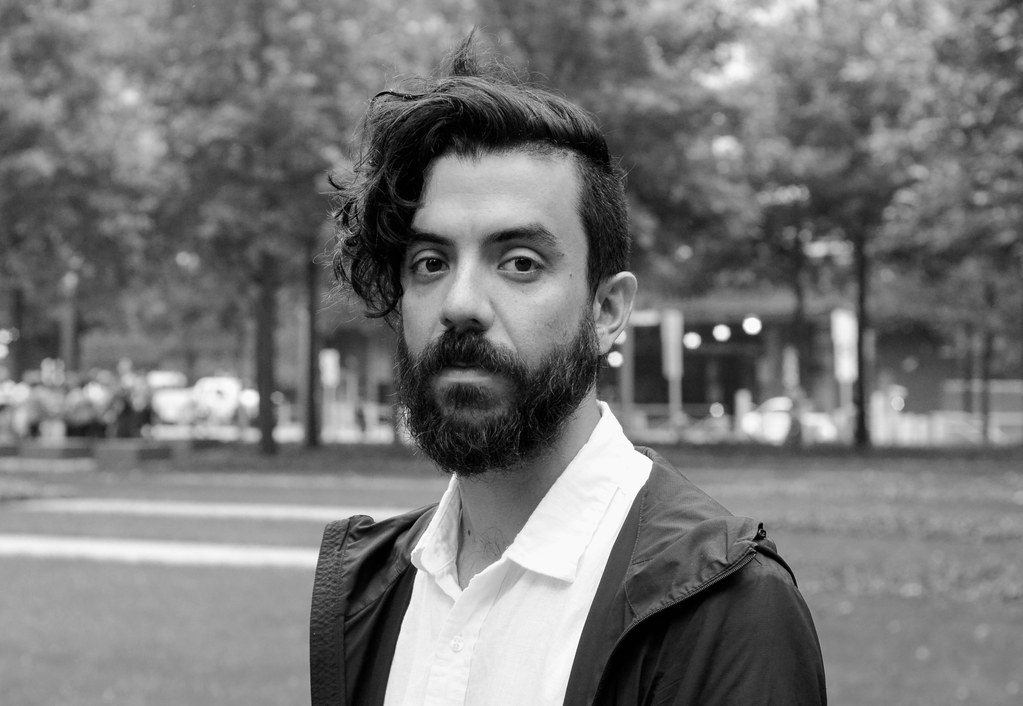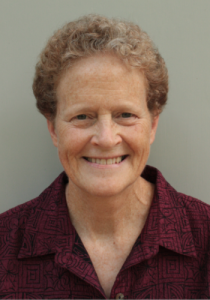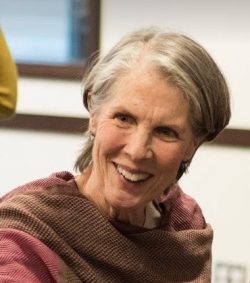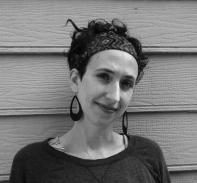 An excerpt from “Pour Out Your Heart Like Water Before Me” by Abby Horowitz (poetry, ’15) published at The Collagist:
An excerpt from “Pour Out Your Heart Like Water Before Me” by Abby Horowitz (poetry, ’15) published at The Collagist:
Pour Out Your Heart Like Water Before Me
Before I had the rabbi, I had a dog.
And one day, the dog died.
The dog was old and had been sick, and I believed in proportional grief.
I loved that dog, but it was not a devastation.
And my dog’s body, still on the exam table.
My hand combing through her fur.
We were talking about next steps, the vet and I.
(I could already imagine moving on to whatever might come next.)
(I was not struck prostrate on the floor.)
(I did not hide for days afterwards in bed.)
And the vet said: Many people like to bury their pets right in their backyards.
But I did not have a backyard then.
I lived in an apartment that overlooked a lot of cars.
And so my dog’s life ended in a crematorium for pets.
I did not have a backyard and so I scattered my dog’s ashes around her favorite park.
It was May and there were some sunbathers by the park’s fountain and I scattered the ashes in such a way that when the wind blew, the ashes would blow onto those sunbathers, lying half-naked and carefree in the grass. […continue reading here]
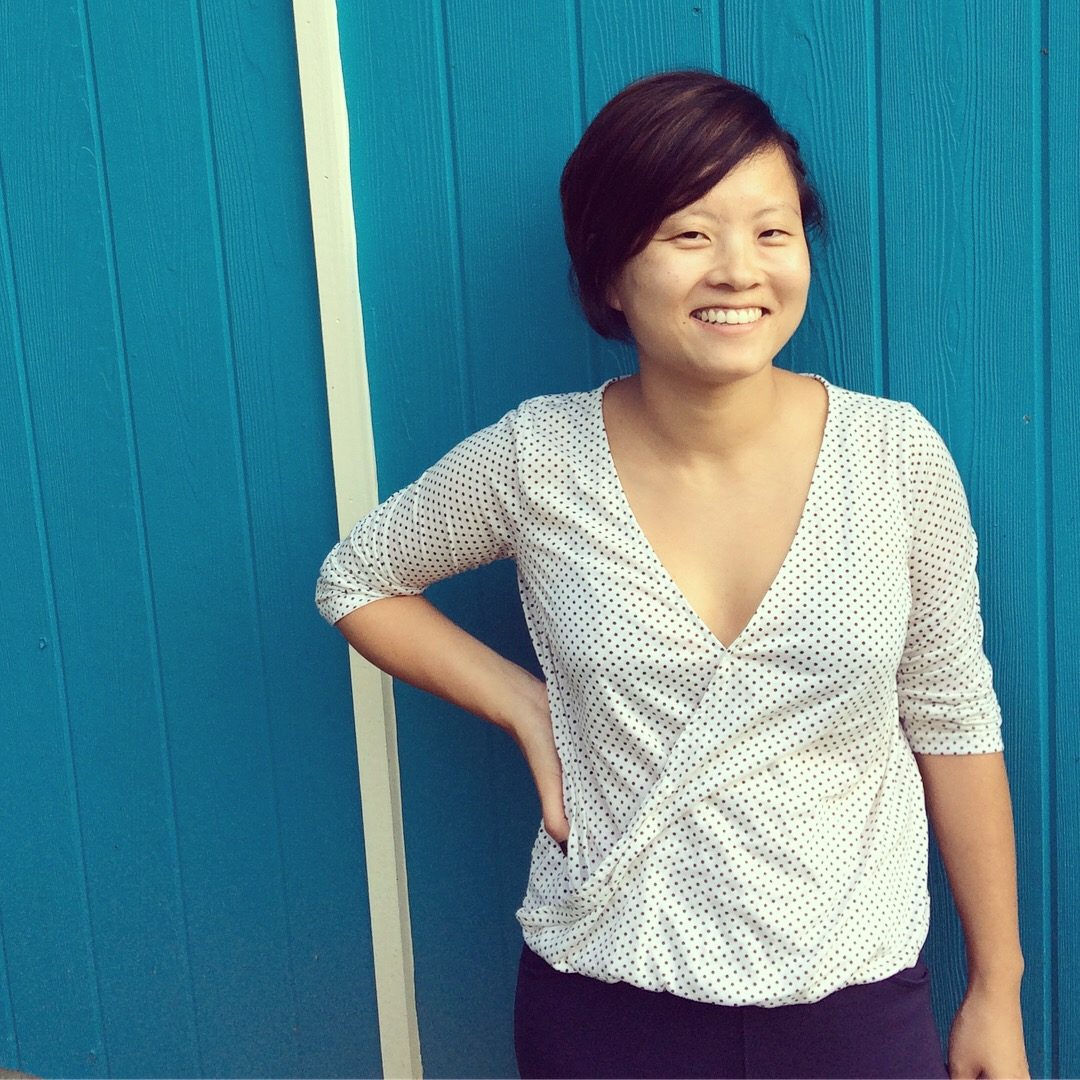 An excerpt from “Mother of Rock” by Tiana Nobile (poetry, ’17), one of two poems published at The Indianapolis Review:
An excerpt from “Mother of Rock” by Tiana Nobile (poetry, ’17), one of two poems published at The Indianapolis Review:


